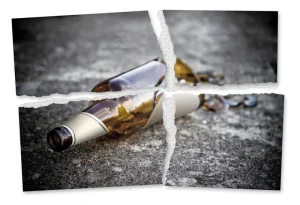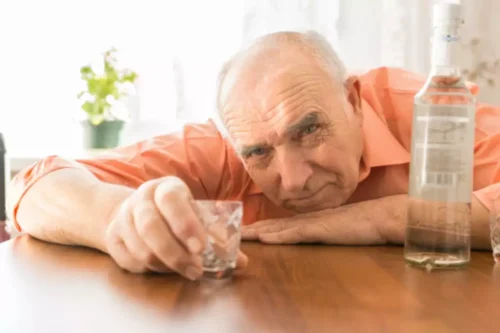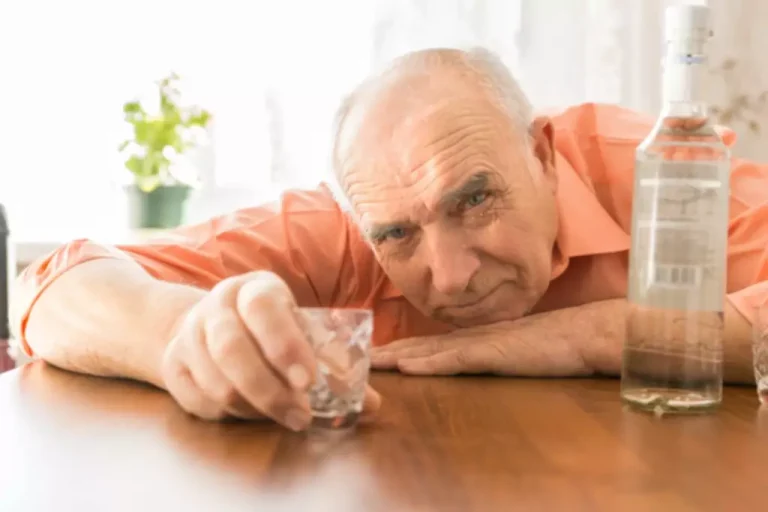
Your support and a carefully planned intervention can be the starting point for long-term recovery. Therapists with expertise in treating addiction can support people with alcohol problems in several ways. They can work in solo or group practices or in health care centers.

USAGov Contact Center
It is intended as a resource to understand what treatment choices are available and what to consider when selecting among them. For more information, please visit the NIAAA Alcohol Treatment Navigator®, an online tool that helps individuals find the right treatment for them—and near them. The Navigator offers a step-by-step process to finding a highly qualified professional treatment provider. People with mild alcohol problems may be able to quit drinking on their own or with the help of support groups. However, people who are addicted to alcohol require treatment. Recovery from alcohol addiction is achievable with assistance from doctors, therapists, peers, friends and family members.
- Some medications decrease withdrawal symptoms, while others minimize cravings or change how consuming alcohol would affect you—thus helping to remove the temptation to relapse.
- Even after admitting you have a drinking problem, you may make excuses and drag your feet.
Health Conditions

Here’s some information to help you get ready for your appointment, and what to expect from your health care provider or mental health provider. The three-step road map outlined in the NIAAA Alcohol Treatment Navigator offers expert guidance to focus and support your efforts. Learn how to find higher quality, science-backed alcohol treatment to raise your changes for success. AUD is characterized by an impaired ability to stop or control alcohol use despite adverse social, occupational, or health consequences. Health care providers diagnose AUD when a person has two or more of the symptoms listed below. AUD can be mild (the presence of two to three symptoms), moderate what is Oxford House (the presence of four to five symptoms), or severe (the presence of six or more symptoms).

Who is the NIAAA Alcohol Treatment Navigator® for?

See the recommended questions to ask addiction doctors in Step 2. alcohol addiction help You will not need to ask a board-certified addiction doctor about qualifications. You can focus largely on services offered, availability, costs, and insurance. Caring for a person who has problems with alcohol can be very stressful.
- We also help you spot quality in the “Why you should ask” and “What to listen for” sections for the recommended questions.
- If you are in one of our residential treatment programs, you will receive a schedule each day with the individual and group sessions to attend.
- Take an honest look at how often and how much you drink.
Are you trying to drink less or stop drinking completely? You doctor also can refer you to a treatment center or experts who can help. See the Navigator’s summary of five signs of quality alcohol treatment. See 10 recommended questions to ask therapists in Step 2. https://ecosoberhouse.com/ They will help you learn whether a therapist offers higher-quality care and is a good fit for your situation.
- Millions of readers rely on HelpGuide.org for free, evidence-based resources to understand and navigate mental health challenges.
- She tried quitting cold turkey, but withdrawals sent her to the hospital.
- Supporting a loved one through alcohol addiction is never easy—especially when the problem has gone on for a long time.
Has been helping alcoholics recover for more than 80 years. A.A.’s program of recovery is built on the simple foundation of one alcoholic sharing with another. Being upfront about alcohol use can help providers identify the problem sooner and start treatment before permanent brain damage occurs. Around 50% of people with Wernicke’s disease end up also developing Korsakoff’s psychosis, but the odds increase to 80% for people with alcohol abuse disorder.
